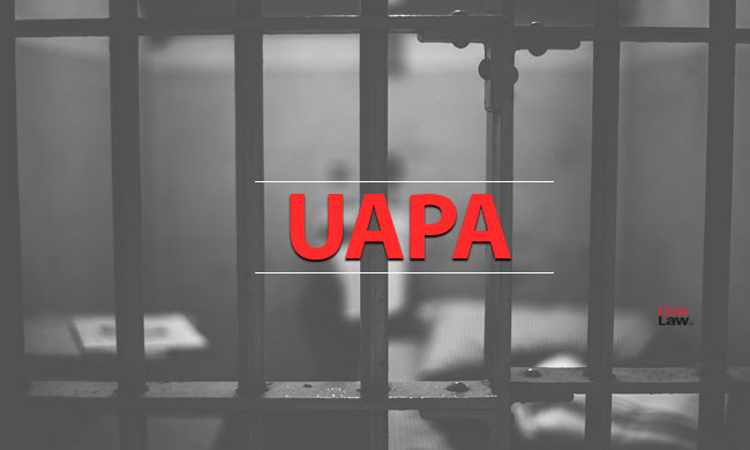Bengaluru Riots | Attacking Police With Petrol Bottles Amounts To 'Terrorist Act' Under UAPA: Karnataka High Court
Mustafa Plumber
8 Aug 2022 5:15 PM IST

Next Story
8 Aug 2022 5:15 PM IST
The Karnataka High Court has said that use of petrol bottles while attacking police personnel and police stations by accused persons during the Bengaluru Riots of 2020 would prima-facie constitute 'Terrorist Act' under Section 15 of Unlawful Activities (Prevention) Act, 1967. A division bench of Justices K. Somashekar and Shivashankar Amarannavar dismissed the appeal filed by...
